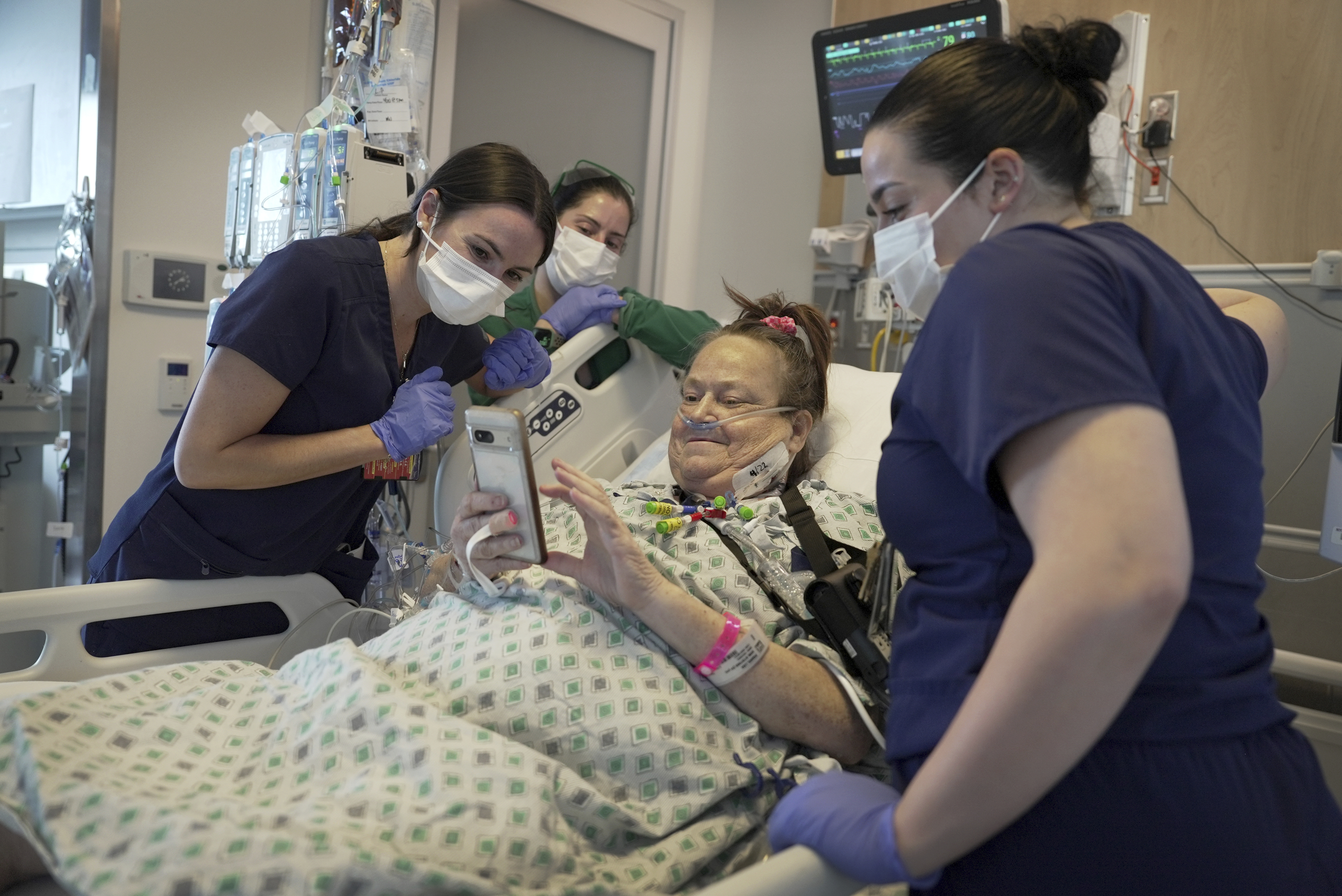Researchers at Harvard Medical School and Boston Children’s Hospital have found a potential treatment for hereditary deafness, the same condition thought to have caused Beethoven to lose his hearing. The scientists are using a new gene-editing approach they say could someday prevent profound hearing loss.
Beethoven’s Symphony No. 5 is a cornerstone of classical music. So it's hard to believe the composer was almost completely deaf from a genetic condition when he finished it.
“These children are born fairly normal, but then over ten or 20 years, they lose their hearing," said David Corey, professor of neurobiology at Harvard Medical School.
Now, these aptly named Beethoven mice might hold the key to a potential cure. Scientists said they believe the animals have a defect in the same gene that most believe may have caused Beethoven’s deafness.
“Our genome is composed of about 3 billion letters of DNA that together make up 20,000 genes," Corey said. "For the disease we’re studying, one mistake in the DNA in one of the genes causes deafness."
Researchers identified that hearing gene called TMC1. It’s a gene that comes in pairs. Using a newly-refined gene editing system, they disabled the defective copy of the TMC1 gene, leaving the good gene in place.
“By eliminating just the bad copy, that would be sufficient to preserve hearing,” Corey said.
Health Connection
Get connected to a healthier life.
The scientists then delivered the edited DNA back into the cells of the mice and tested their hearing.
“We put little scalp electrodes on the back of the head, play sounds into the ear, and can measure the brain activity in response,” Jeffery Holt, PhD, professor of otolaryngology at Boston Children’s Hospital, said.
Researchers said the mice were able to hear sounds as low as 45 decibels, the level of a quiet conversation.
“This could be life-changing," Corey said.
A famed composer, his namesake mice and a team of scientists using cutting-edge medicine to help people who would otherwise go deaf... hear.
The scientists said this research paves the way for using the new editing system to treat as many as 3,500 other genetic diseases that are caused by one defective copy of a gene. It’s important to note that Holt holds patents on TMC1 gene therapy.
Contributors to this news report include: Cyndy McGrath, Executive Producer; Roque Correa Videographer and Editor.




